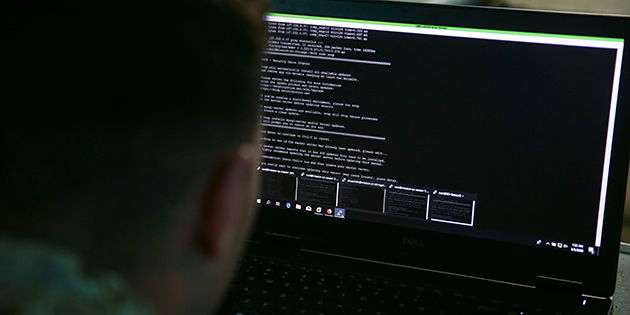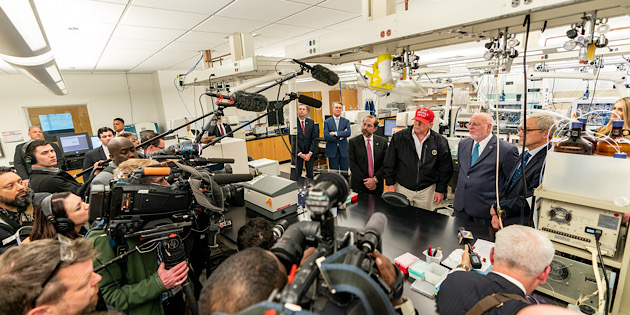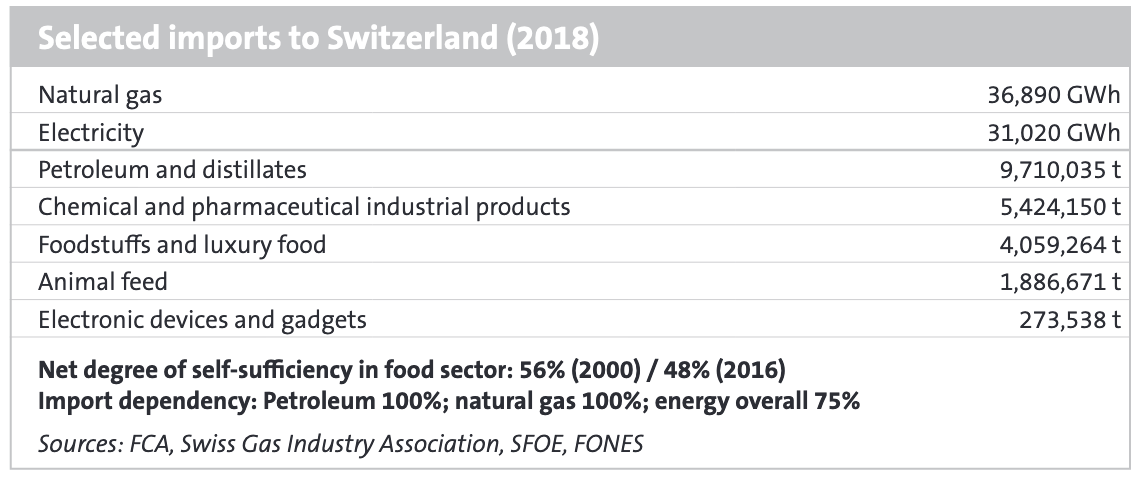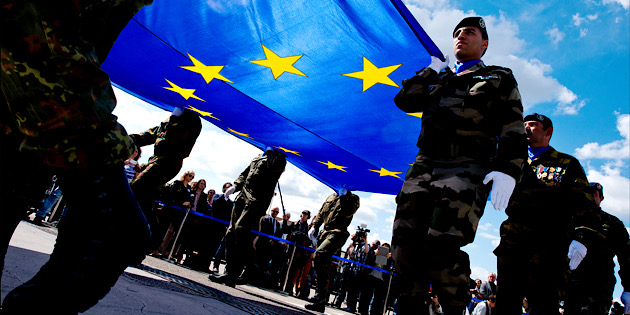
This article was originally published by the Real Elcano Institute on 17 March 2020.
Theme
With cyber operations serving as an instrument of foreign policy, it is fair to posit that cognitive factors that account for behavior in the physical domain are equally applicable to cyberspace.




